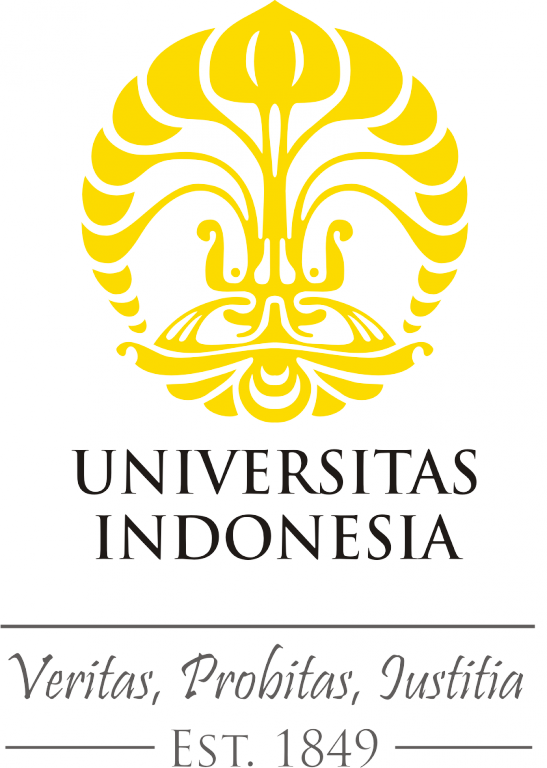
Universitas Indonesia


| Call Number | DIS-149 (softcopy DIS-140) TR-CSUI-95 MAK PI-61 |
| Collection Type | Disertasi |
| Title | Ekstraksi Kata Kunci dengan Metode Sainsmetrika dan Klasifikasi Label Banyak |
| Author | Harry Tursulistyono Yani Achsan; |
| Publisher | Depok: Fasilkom UI, 2023 |
| Subject | Sistem rekomendasi, Mean reciprocal rank |
| Location |
| Nomor Panggil | ID Koleksi | Status |
|---|---|---|
| DIS-149 (softcopy DIS-140) TR-CSUI-95 MAK PI-61 | TERSEDIA |
Name : Harry Tursulistyono Yani Achsan Study Program : Doktor Ilmu Komputer Title : Keyword Extraction by Utilizing Scientometric Method and Multi-Label Classification. Keywords/keyphrases are essential for various purposes, including search engines, image processing, article annotation and classification, and more. However, unfortunately, most of the downloadable article metadata from Google Scholar does not contain keywords/keyphrases, even though it is easy to find the essence of the writing by searching for them. Several keyword extraction methods have been developed since several decades ago, including KPMiner, MultipartiteRank, PositionRank, RAKE, SingleRank, TextRank, TF-IDF, TopicalPageRank, TopicRank, and YAKE. However, some of these methods have very low accuracy, while the ones with higher accuracy take relatively long search times. This study aims to improve keyword extractor performance by contributing a new method. This keyword extraction method uses multi-label classification, which is part of machine learning. Labels are obtained from popular vocabulary, which is the popular keyword from computer science scientific articles. The new method was applied to several datasets commonly used in keyword extraction, such as Semeval, Nguyen, and Krapivin2019. This new method was also compared with 10 state-of-the-art keyword extraction methods using the same dataset. The result is that this new method always has the highest quality (Mean Reciprocal Rank value). Among other good-performing methods, this new method from the dissertation results is the fastest in performing keyword extraction. Another result of this study is the creation of a new dataset with 3,229 scientific article metadata, and the creation of a recommendation system application for keyword extraction.